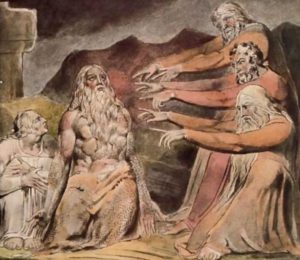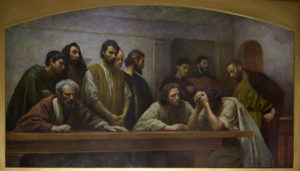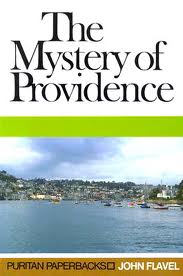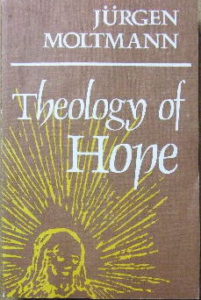
By C.S. Lewis – Kairos Podcast Review on Books & Culture
Reviewer: David B.C. Tan
Discussant: Micheal Lim
You are welcome to join the discussion at:
https://www.youtube.com/watch?
Quotes:
Milton was right,’ said my Teacher. ‘The choice of every lost soul can be expressed in the words “Better to reign in Hell than serve in Heaven.” There is always something they insist on keeping even at the price of misery.
——————-
‘Do you mean then that Hell—all that infinite empty town—is down in some little crack like this?’
‘Yes. All Hell is smaller than one pebble of your earthly world: but it is smaller than one atom of this world, the Real World. Look at yon butterfly. If it swallowed all Hell, Hell would not be big enough to do it any harm or to have any taste.’
‘It seems big enough when you’re in it, Sir.’
‘And yet all loneliness, angers, hatreds, envies and itchings that it contains, if rolled into one single experience and put into the scale against the least moment of the joy that is felt by the least in Heaven, would have no weight that could be registered at all. Bad cannot succeed even in being bad as truly as good is good. If all Hell’s miseries together entered the consciousness of yon wee yellow bird on the bough there, they would be swallowed up without trace, as if one drop of ink had been dropped into that Great Ocean to which your terrestrial Pacific itself is only a molecule.’







